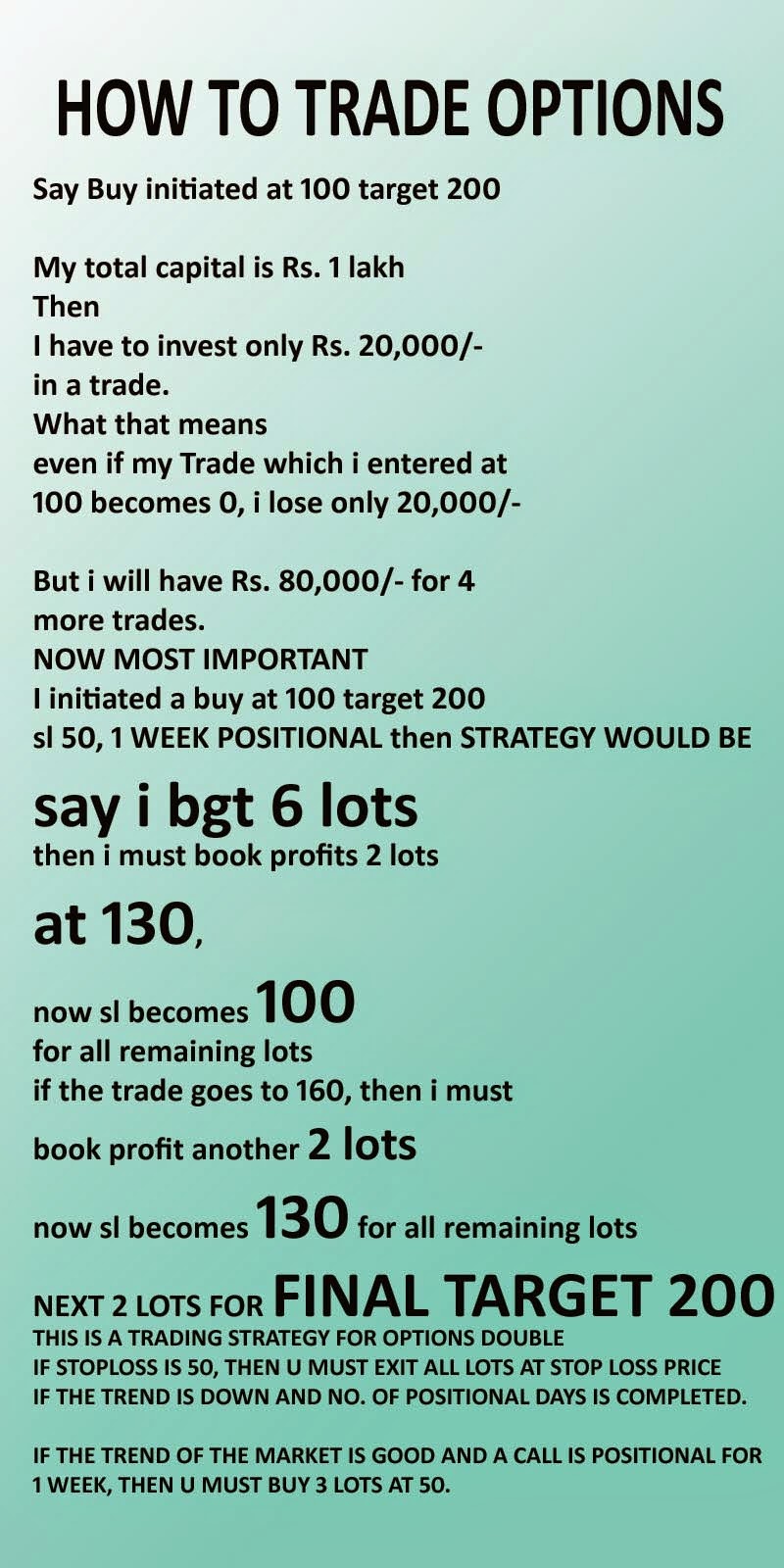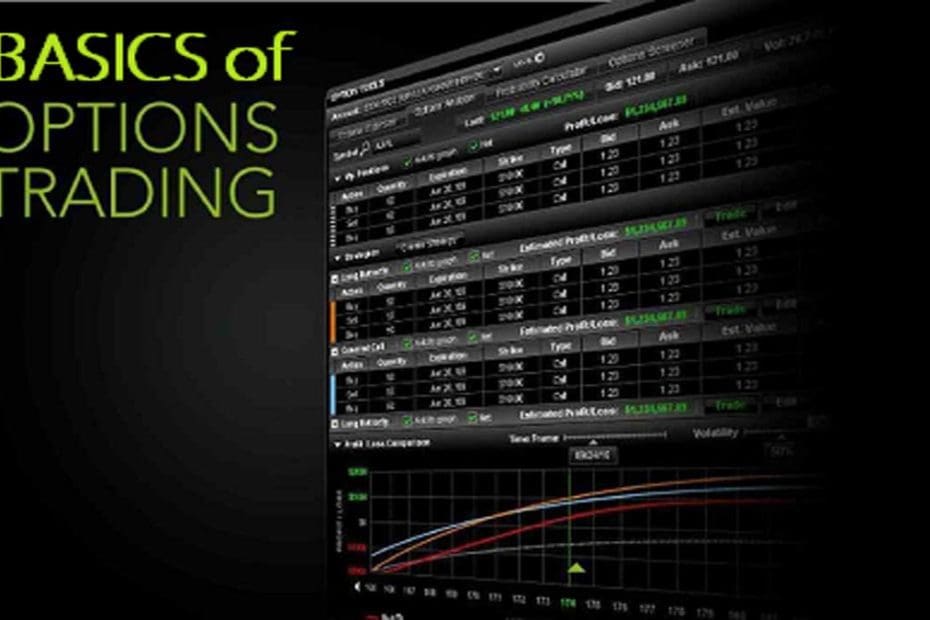Options trading is a popular investment strategy in India, offering numerous benefits. It allows investors to speculate on the future price of an underlying asset, such as a stock, commodity, or currency, without actually owning the asset. This flexibility makes options trading an attractive choice for both experienced and novice investors seeking to enhance their portfolios.

Image: gogoheh.web.fc2.com
The Indian options market has witnessed significant growth over the years, with the advent of electronic trading platforms making it more accessible and efficient than ever before. Understanding the basics of options trading is crucial for investors to make informed decisions. This article aims to provide a comprehensive overview of options trading in India, including its benefits, risks, and trading strategies.
Benefits of Options Trading
Options trading offers several advantages to investors:
- Leverage: Options provide investors with leverage, allowing them to control a sizeable position in the underlying asset with a relatively small investment.
- Income generation: Investors can generate income by selling options premium, which represents the price paid by the option buyer.
- Risk management: Options can be used as hedging instruments to protect against downside risk in the underlying asset.
- Flexibility: Options offer various trading strategies tailored to different market conditions and risk appetites.
Understanding Options
An option is a derivative financial instrument that gives the buyer the right, but not the obligation, to buy (call option) or sell (put option) an underlying asset at a specified price (strike price) on or before a specified date (expiration date). The buyer pays a premium to the option seller in exchange for this right.
Types of Options Strategies
Various options trading strategies cater to different investor goals and risk tolerances:
Long Call: This strategy involves buying a call option, betting that the underlying asset’s price will rise above the strike price before expiration.
Short Call: Selling a call option is a bearish bet, anticipating the underlying asset’s price will remain below the strike price.
Long Put: This strategy involves buying a put option, expecting the underlying asset’s price to fall below the strike price before expiration.
Short Put: Selling a put option is a bullish bet, assuming the underlying asset’s price will remain above the strike price.

Image: www.stockmaniacs.net
Latest Trends and Developments
The Indian options market has witnessed significant advancements in recent years:
- Index Options: The introduction of index options has expanded trading opportunities beyond individual stocks.
- Electronic Trading: The shift to electronic trading platforms has streamlined order execution and improved transparency.
- Increased Liquidity: The growth of the options market has led to increased liquidity, facilitating larger trade volumes.
- Regulatory Enhancements: The Securities and Exchange Board of India (SEBI) has implemented rigorous regulations to enhance investor protection and market integrity.
Tips and Expert Advice
Seasoned investors have shared valuable insights for successful options trading:
- Understand the Risks: Options trading carries inherent risks, so thorough research and risk management are crucial.
- Start Small: Begin with modest investments to gain experience before increasing positions.
- Focus on Liquidity: Trade options with sufficient liquidity to ensure timely execution and fair pricing.
- Set Realistic Expectations: Options trading requires patience and discipline, with profits not always being immediate.
- Seek Professional Guidance: Consider consulting with financial advisors for personalized advice tailored to your investment goals.
By incorporating these expert recommendations, investors can enhance their options trading strategies and increase their chances of success.
FAQs on Options Trading in India
1. What is the minimum investment required for options trading?
The investment required varies depending on the underlying asset, strike price, and premium rate.
2. Can individuals trade options in India?
Yes, individuals can trade options provided they have a demat and trading account with a broker.
3. What is the maximum tenure for an options contract?
In India, options contracts typically expire within 90 days from the trading date.
4. Is options trading riskier than stock trading?
Yes, options trading generally carries higher risks than stock trading due to its leveraged nature.
Trading In Options In India
Conclusion
Options trading in India offers a versatile investment strategy with the potential for significant returns. Understanding the concepts, strategies, and risks involved is paramount for successful trading. By adhering to sound investment principles, seeking professional guidance, and continuously educating oneself, investors can navigate the complex world of options trading and harness its benefits.
Are you interested in learning more about options trading in India? Visit our website or contact us for additional resources and expert insights.






